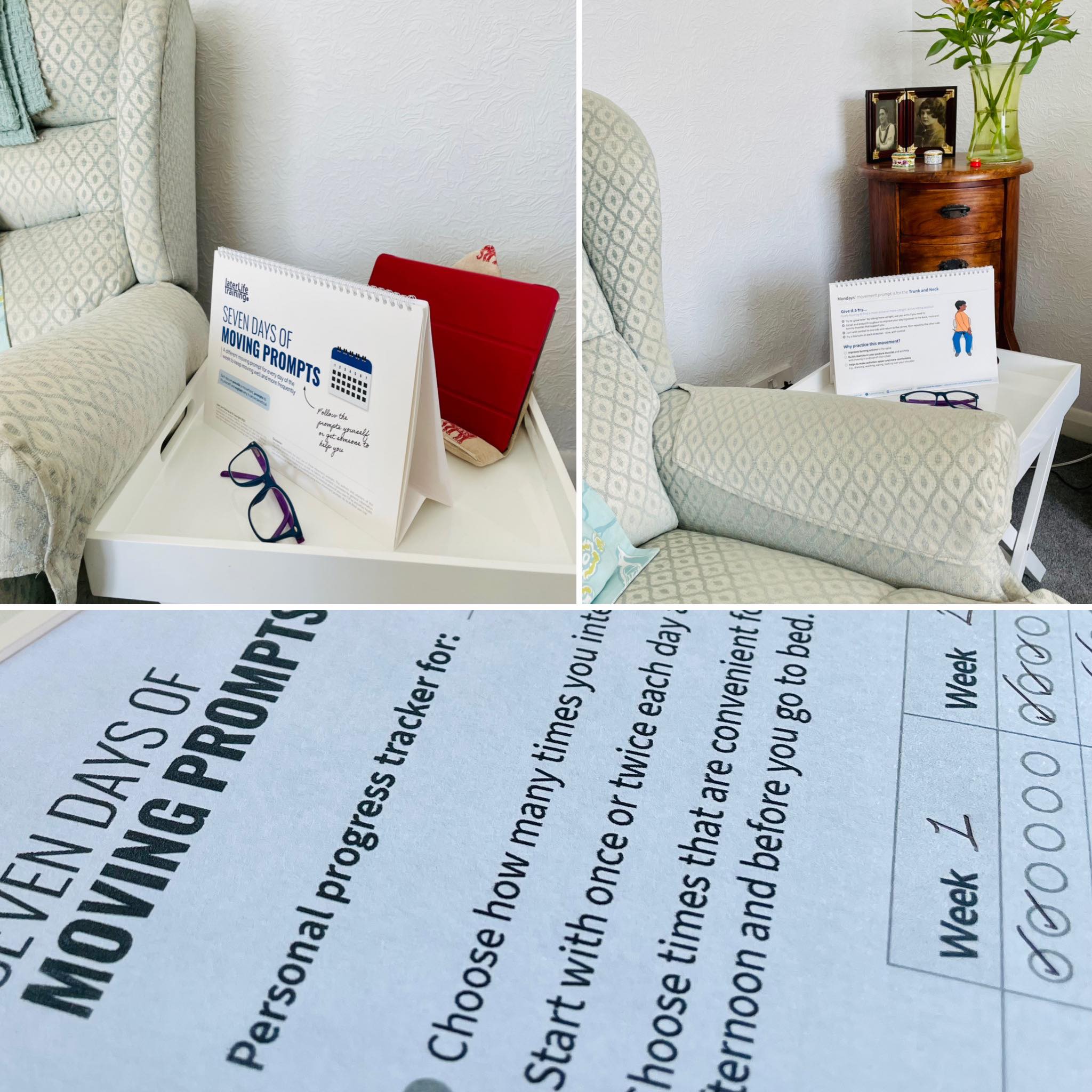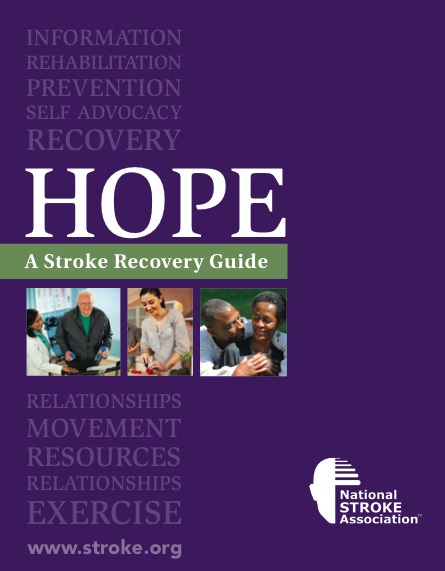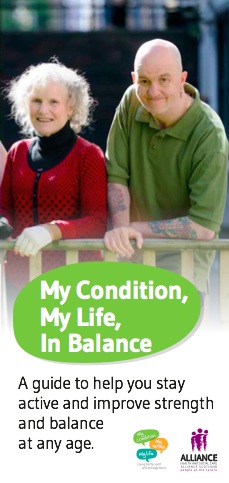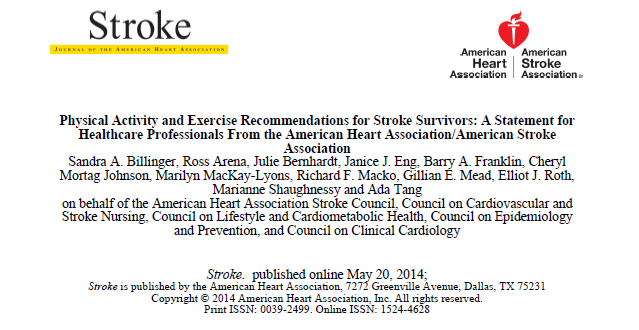 In the summer of 2007, the Department of Health undertook a public consultation on the first ever National Stroke Strategy for England. During this period The Stroke Association encouraged stroke survivors and carers to respond, and then collated over 500 individual and collective submissions. This response was overwhelming, and the depth of feeling was apparent with so many people taking the opportunity to recount their experiences of stroke services and voice their opinions on how they should be improved.
In the summer of 2007, the Department of Health undertook a public consultation on the first ever National Stroke Strategy for England. During this period The Stroke Association encouraged stroke survivors and carers to respond, and then collated over 500 individual and collective submissions. This response was overwhelming, and the depth of feeling was apparent with so many people taking the opportunity to recount their experiences of stroke services and voice their opinions on how they should be improved.
While reading the responses it became clear that five particular themes were being mentioned over and over again. These became the Stroke Survivors’ Five Demands for Action which were endorsed by a stroke survivors summit that took place in the Houses of Parliament on 23 October 2007.
An extract from the 5 key demands:
“A ray of light for many respondents who required long-term support appeared to be the many voluntary organisations who provide a limited but vital service. This includes the hundreds of voluntary led stroke clubs who do not have the resources to provide a complete support service. Many praised voluntary organisations but recognised that long-term support needs to be given a much higher priority by statutory stroke services. When people had received these services, the feedback was almost unanimously positive and many had very good things to say about the therapists that had helped them. Unfortunately, for the few who did receive rehabilitation, it was almost never long, regular or intensive enough.
Above all, many respondents wanted to highlight the fact that stroke does not have to mean the end of life. For many people recovery was extremely slow and took place over many years but with the support of family and friends and vast reserves of self motivation, they had been able to go back to an active and fulfilling life. With the correct amount of rehabilitation and support, many others who may not have close family and friends would be able to achieve these results.”
You can still “respond” to the Strategy and have your view about the service and the report gives information on how to lobby for better services. Read the report here.






